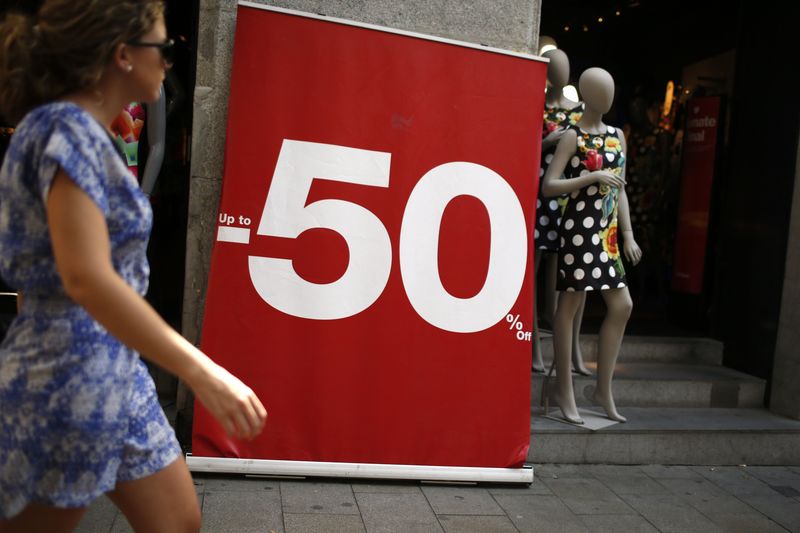SYDNEY, May 2 (Reuters) - A private-sector gauge of Australian consumer prices showed inflation slowed further in April despite a pick up in petrol and heath care costs, underlining the case for a cut in interest rates perhaps as early as this week.
The Reserve Bank of Australia (RBA) holds its monthly board meeting on Tuesday and speculation is rife it may chose to cut its 2 percent cash rate given official measures of underlying inflation slowed to a record low in the first quarter.
The slowdown in annual core inflation to around 1.5 percent meant real interest rates had risen in the last few months. The central bank could chose to offset that and keep policy "very accommodative" by trimming the cash rate.
A Reuters poll of 50 analysts, found 34 expected the RBA to hold at 2 percent, at least for now, while 16 tipped a cut. Financial markets imply a better than evens chance of an easing 0#YIB: . AU/INT
Monday's survey from the Melbourne Institute showed consumer prices edged up 0.1 percent in April, after a flat outcome in March.
The annual pace slowed to 1.5 percent, from 1.7 percent, taking it further below the RBA's long term target band of 2 to 3 percent. A measure of underlying inflation pressure, the trimmed mean, also slowed to 1.5 percent from 1.6 percent.
Contributing to the overall change in April were price rises for medical and hospital services, petrol and fruit and vegetables. These were primarily offset by falls in holiday travel and accommodation, insurance and financial services and household furniture & equipment.
Costs for tradable goods and services rebounded 0.5 percent in April after two months of falls, nudging the annual pace of growth up to 2.2 percent.
Non-tradable prices, those not determined by international competition, fell 0.2 percent in the month to be up just 1.0 percent for the year.
Inflation excluding fuel, fruit and vegetables dipped 0.1 percent in April, while the annual pace slowed to 1.9 percent.
